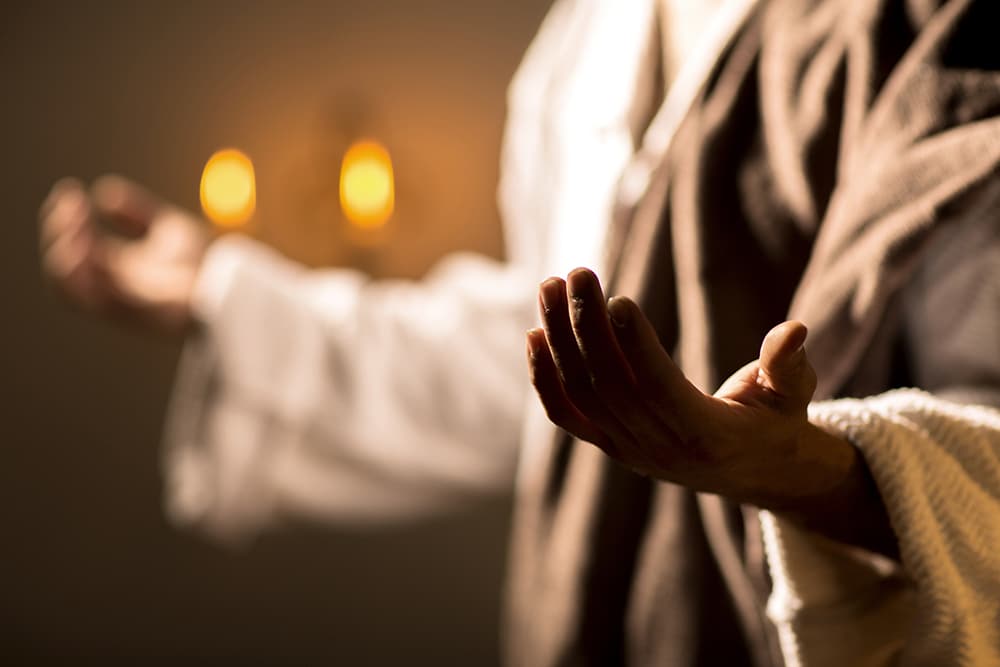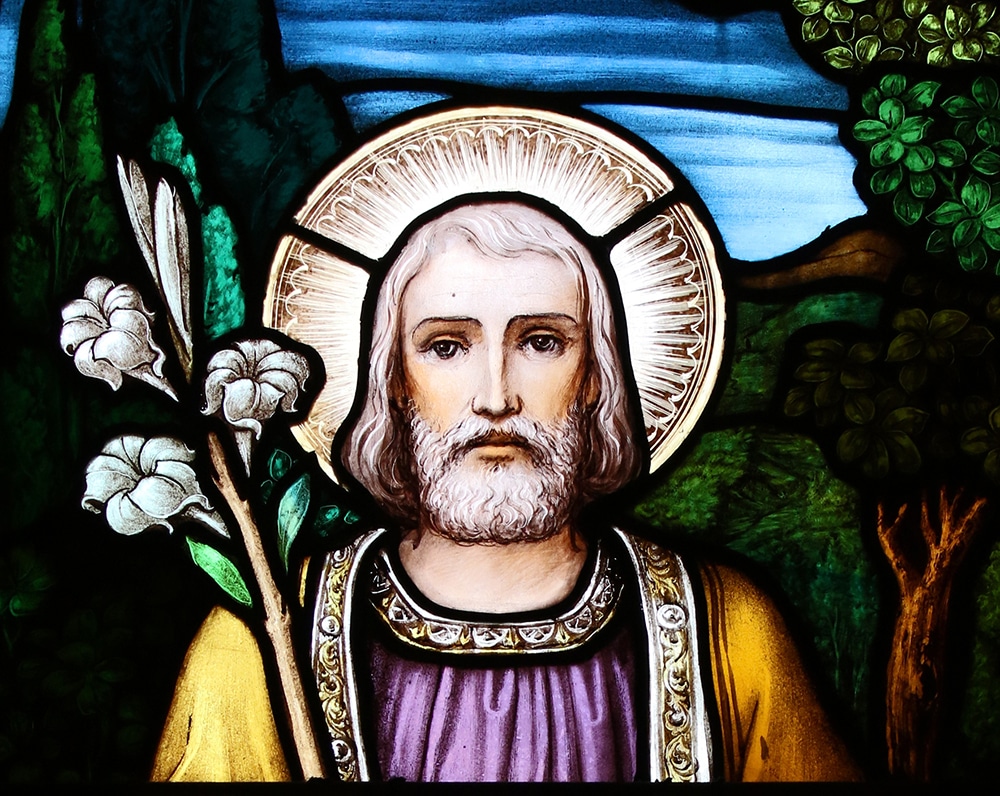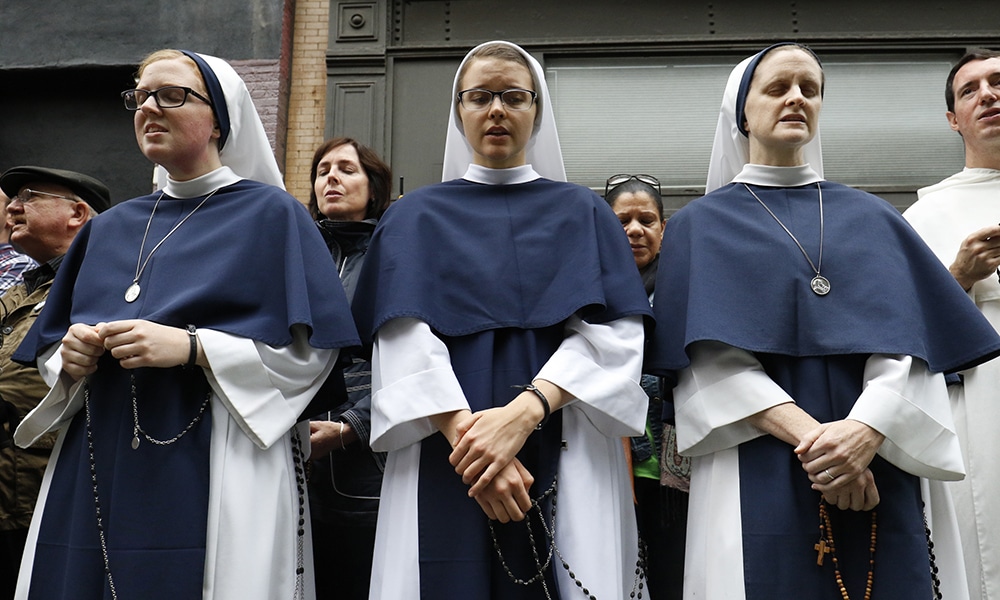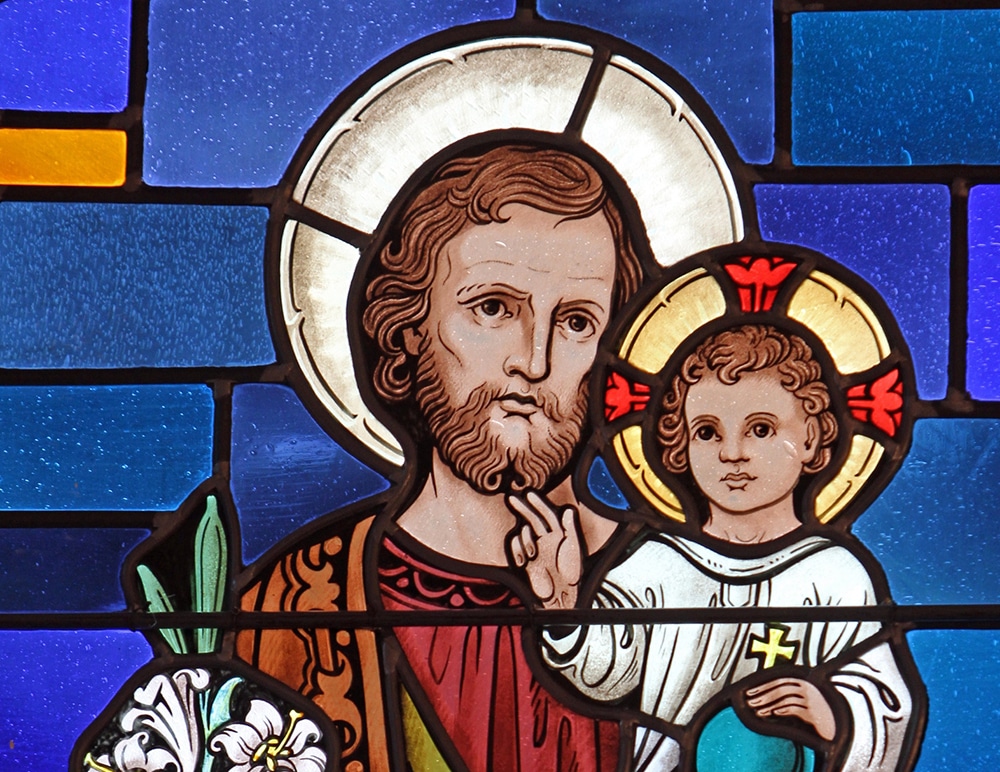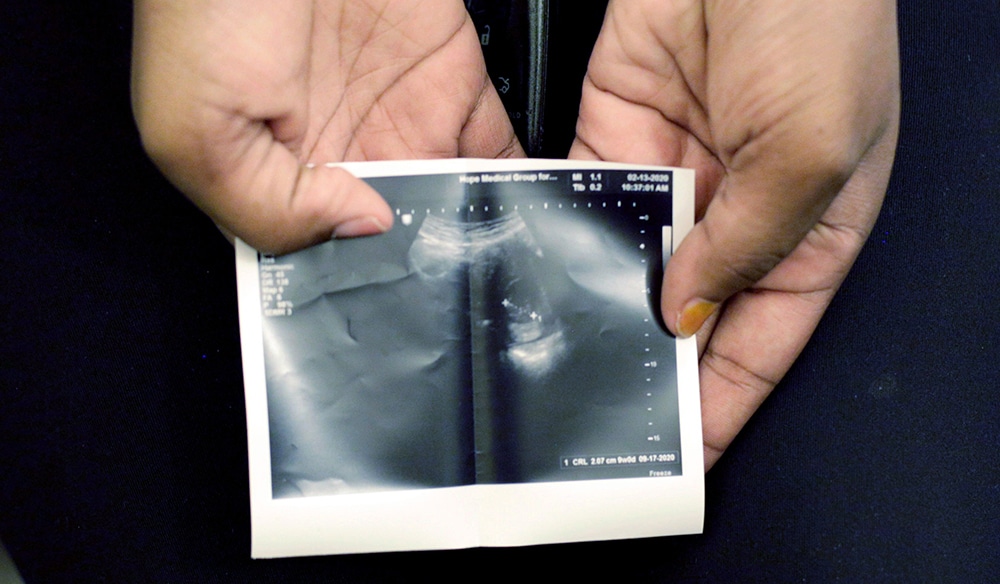 “‘But who do you say that I am?'” (Mk 8:29).
“‘But who do you say that I am?'” (Mk 8:29).
Jesus asks this question to the disciples near the dead center of the Gospel.
The answer seems obvious.
Who is the one who heals the sick, opens the eyes of the blind, and cures the lame that they may walk? Who preaches with such authority and gives marvelous manna from heaven? Who controls the waves of the sea, calming the chaos through the power of his speech?
It is the Lord. It is Jesus. It is the Messiah.
Peter makes this profession of faith. He proclaims that Jesus is the Messiah.
| September 12 – Twenty-fourth Sunday in Ordinary Time |
|---|
|
Is 50:5-9
Ps 116:1-2, 3-4, 5-6, 8-9
Jas 2:14-18
Mk 8:27-35
|
The tendency among not a few Scripture scholars has been to see Peter as professing belief in Jesus as a military leader. He is the messiah, the great king who has come to defeat the Roman empire.
Therefore, when Jesus announces the opposite of what we might expect of a messiah, that he must suffer and die, Peter’s vision of a messiah is defeated.
This could be the case. Who knows what Peter was thinking?
But we do know that no one could have imagined that the Messiah, whoever he was, would express power through weakness.
Yes, the Old Testament, especially the prophet Isaiah, mysteriously presents the figure of a suffering servant for us to behold. God’s servant gives his face to be beaten, he is spat upon.
The one who is obedient to God unto the end suffers. He suffers so much that he is unrecognizable as a servant of God.
Jesus tells Peter that this is his fate. Maybe, Peter and the rest of the disciples knew more than we give them credit for. Maybe, they knew that Jesus was the presence of God dwelling among them?
What they could not have known is that God would become present among us as victim. As a reject. Hated and despised. Killed.
What kind of power is this? Is this really becoming of God?
Mark places Jesus’ question and Peter’s profession at the center of his Gospel for a reason. This is the question that matters. Can we believe in a messiah who reveals the power of God in a love stronger than death? A love willing to die for you and for me?
A love that reveals, in the end, the hidden presence of God among the victims.
James’ letter is a meditation upon the central question of Mark’s Gospel. Who do you say that I am?
If you believe like Peter that Jesus is the Messiah, that he is the God-man who suffered and died and rose again, then your body should manifest this profession of faith.
What you do — your works — should proclaim what you believe.
Like the disciples, we have among us, the hidden presence of Christ. This presence is revealed — as we learn in the Gospel of Matthew — in the hungry, the thirsty, the powerless, those in prison, and the sick.
The presence of the poor cries out to us for a response, for a profession of faith that takes flesh.
Do you believe that Jesus is the Messiah? Is that how you’d answer his question in the Gospel?
Then, the presence of the hungry and thirsty on the streets should be an occasion to profess that belief.
Feed the hungry. Give drink to the thirsty migrant. Visit the sick and those in prison. Clothe the naked.
Proclaiming Jesus as the Lord of life means loving the flesh and blood poor who dwell among us.
How will you answer Jesus’ question, “‘But who do you say that I am?'” (Mk 8:29).
Timothy P. O’Malley, Ph.D., is the director of education at the McGrath Institute for Church Life at the University of Notre Dame.

